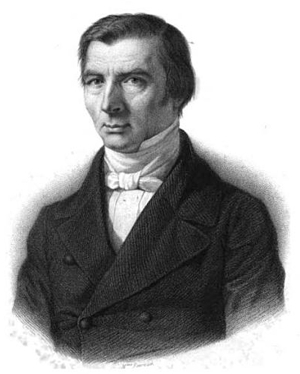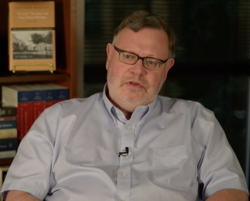Date: 28 March, 2015
“The Liberal Roots of American Conservatism: Bastiat and the French Connection.” A paper given to the Philadelphia Society meeting March 27-29, 2015 on “The Roots of American Conservatism – and its Future”. HTML and PDF
Abstract: The paper discusses the contribution to American conservative thought of the economist Frédéric Bastiat (1801–1850) and a number of other French philosophes, classical liberals, and economists since the founding of the American Republic. In the first part of the paper I examine the influence the political theorist and economist Destutt de Tracy had on Thomas Jefferson, the impact the economist Jean-Baptiste Say had on the teaching of economics in America in the first half of the 19th century, and the influence of the free trade advocate and economic theorist Frédéric Bastiat had on the American free trade movement and the school of thought his ideas engendered in the second half of the century. The second part of the paper deals with the influence of Bastiat on the Conservative and Libertarian movements especially after the Second World War in Los Angeles and NYC, with the activities of R.C. Hoiles’ Freedom Newspapers, Leonard Read and the FEE, Ludwig von Mises and his graduate students at NYU, and Ronald Reagan for GE. The paper concludes with a discussion of the resurgence of interest in Bastiat’s idea in the first decade of the 21st century in both America and France.



